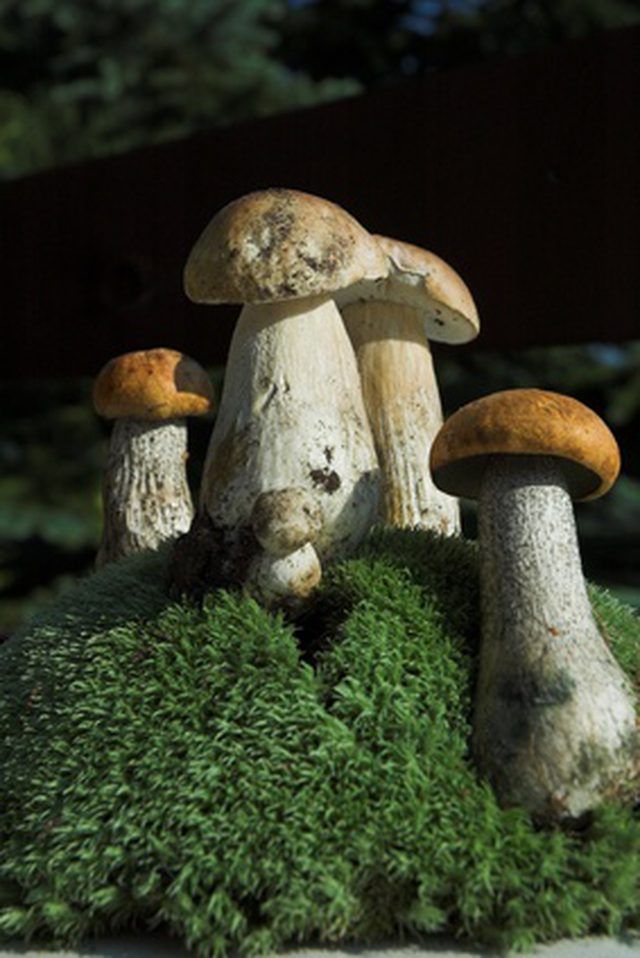Bulbs
Flower Basics
Flower Beds & Specialty Gardens
Flower Garden
Garden Furniture
Garden Gnomes
Garden Seeds
Garden Sheds
Garden Statues
Garden Tools & Supplies
Gardening Basics
Green & Organic
Groundcovers & Vines
Growing Annuals
Growing Basil
Growing Beans
Growing Berries
Growing Blueberries
Growing Cactus
Growing Corn
Growing Cotton
Growing Edibles
Growing Flowers
Growing Garlic
Growing Grapes
Growing Grass
Growing Herbs
Growing Jasmine
Growing Mint
Growing Mushrooms
Orchids
Growing Peanuts
Growing Perennials
Growing Plants
Growing Rosemary
Growing Roses
Growing Strawberries
Growing Sunflowers
Growing Thyme
Growing Tomatoes
Growing Tulips
Growing Vegetables
Herb Basics
Herb Garden
Indoor Growing
Landscaping Basics
Landscaping Patios
Landscaping Plants
Landscaping Shrubs
Landscaping Trees
Landscaping Walks & Pathways
Lawn Basics
Lawn Maintenance
Lawn Mowers
Lawn Ornaments
Lawn Planting
Lawn Tools
Outdoor Growing
Overall Landscape Planning
Pests, Weeds & Problems
Plant Basics
Rock Garden
Rose Garden
Shrubs
Soil
Specialty Gardens
Trees
Vegetable Garden
Yard Maintenance
Homemade Mushroom Incubator
Homemade Mushroom Incubator. Growing mushrooms can be a fun and interesting experience. Mushrooms differ from plants in that they grow from cultures rather than seeds. A culture sprouts many mushrooms, but only if it's properly cared for. As a fungus, mushrooms require warmth and moisture for growth, so they are commonly grown in incubators....

Growing mushrooms can be a fun and interesting experience. Mushrooms differ from plants in that they grow from cultures rather than seeds. A culture sprouts many mushrooms, but only if it's properly cared for. As a fungus, mushrooms require warmth and moisture for growth, so they are commonly grown in incubators. Instead of buying an expensive incubator, duplicate the incubation process on your own, using glass jars and a pressure cooker.
Things You'll Need
Wild bird seed
Plastic pot/bucket
Water
Jars with lids
Polyester fiber stuffing
Drill
Coffee filters
Rubber bands
Pressure cooker
Oven
Oven mitts
Mushroom culture/spawn
Cardboard box
Wash birdseed beforehand, to provide a clean substrate for mushrooms. Put it in a bucket and rinse it with water, then remove any husks or seeds that float to the top. Pour off the water.
Pour birdseed into your jars until they're 3/4 full. Pack polyester fiber stuffing into the remaining space.
Drill holes in the lids to allow for air circulation, and screw the lids onto the jars. Tighten the lids all the way, then turn them back a quarter turn for additional air flow. Put coffee filters over the lids and secure them with rubber bands. The jars and coffee filters become mini incubators in the growing process.
Put the jars into the pressure cooker for an intense incubation period. Heat them at 15 pounds for 60 to 90 minutes, then let the pressure cooker drop back to zero pounds. Carefully remove the jars, tighten the lids, and put them in the oven overnight to continue to incubate the foundation.
Inject the mushroom culture into the birdseed per the directions on the packaging. Mushroom cultures are available at home and garden and hydroponics shops.
Put the jars in a thick, secure cardboard box for additional incubation. Place the box in a dark closet. Mushroom sprouting depends on what type of mushroom you're growing.